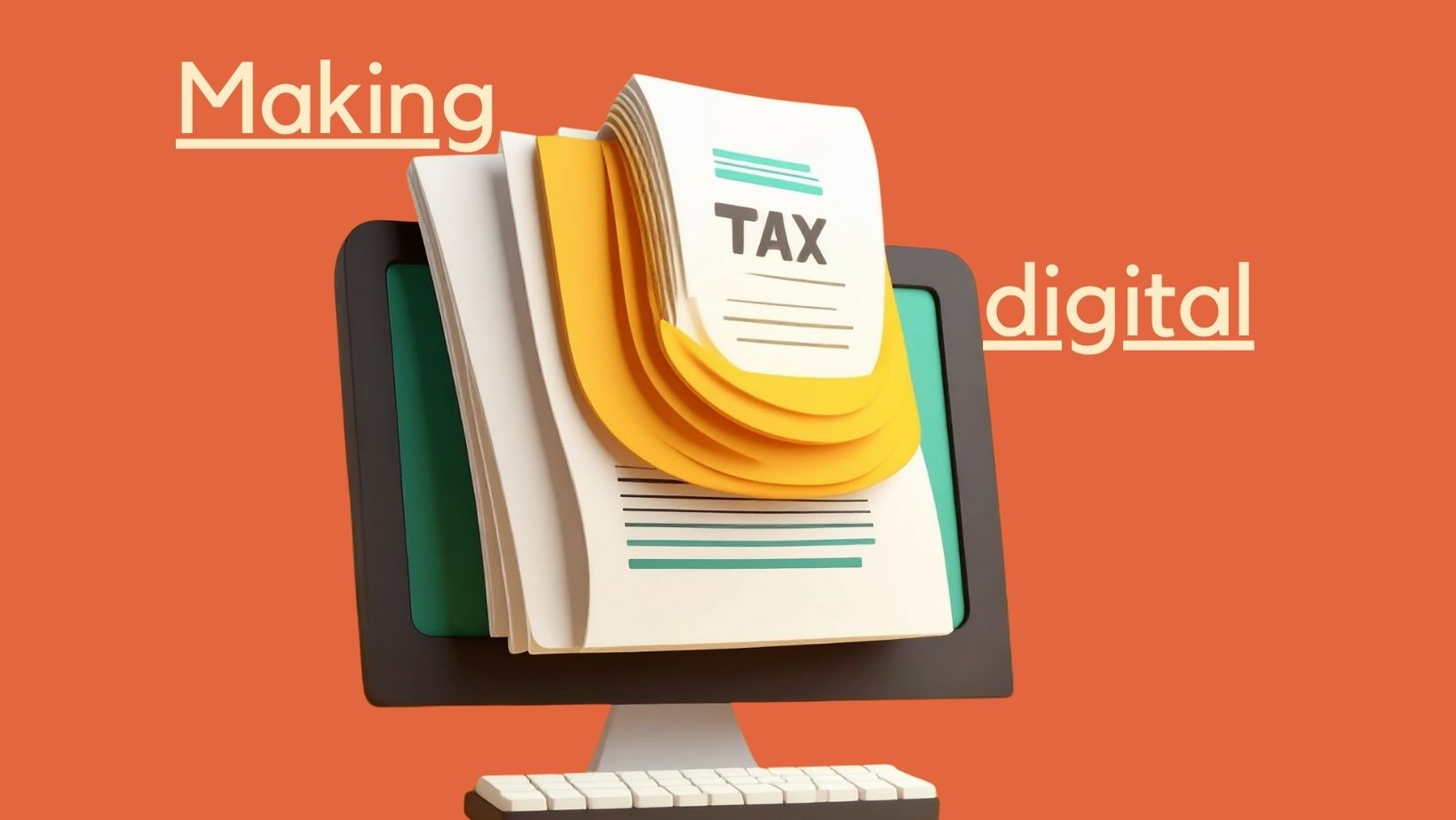Contractor
Accountants Hub
ACCOUNTING KNOWLEDGE HUB
Streamline your contracting journey: Expert guidance every step of the way
Welcome to our Knowledge Hub, the best place for contracting, accounting and tax information. You’ll find online guides, tutorial videos and detailed PDF guides on various important topics.
What is a contractor accountant
If you contract through your limited company, you’ll need an accountant to
look after your tax and accounting needs. A contractor accountant
specialises in serving contractors. They’ll be familiar with all the
complex legislation that affects the contracting industry and will be
experts at helping contractors maximise their rewards. Your choice of
accountant can significantly impact your experience and success as a
contractor, so it’s well worth making sure you choose the right one.
Common questions about contractor accountants
What is an expert contractor accountant?
This accountant specialises in the contractor market, which means they’re
used to working with individuals, as opposed to larger businesses, and
they’re experts in all the regulations and tax laws surrounding
contracting and self-employment.
What to expect from a contractor accountant?
There are several tasks that you can expect your accountant to assist with
or carry out on your behalf:
Getting started:If you’re starting as a contractor, or you’ve just
decided to “go limited”, you’ll need to incorporate your company via
Companies House, open a business bank account and register to pay VAT,
Corporation Tax, and PAYE tax and NI.
Once you’re trading:You can expect your accountant to run payroll
(usually for you as the only employee), submit payroll data to HMRC, deal
with correspondence with HMRC, complete your company’s VAT returns, annual
accounts and tax return, provide tax planning advice and answer any
questions you might have about your tax affairs.
Your accountant may also offer:Bookkeeping through online
accounting software, completion of your self-assessment tax return,
provision of a registered office address, and introductions to third-party
experts like specialist mortgage brokers, IR35 specialists, insurance
experts, financial advisers and CV/interview advisors.
Companion Accountancy has a team of expert contractor accountants. They
cover all the major cities in the UK, such as London, Manchester,
Birmingham, Aylesbury, Liverpool, Leeds, Oxford, Glasgow, Bristol,
Edinburgh, Cambridge, Belfast, Hull, Bath, Leicester, Blackpool,
Nottingham, Peterborough, Plymouth, Portsmouth, Southampton Stoke-
on-Trent and much more.
- How to choose a contractor accountant
- Switching from a general accountant to a specialist
- Seven reasons to choose a limited company when contracting
- Switching from Umbrella to a Limited Company
- Companion Accountancy – Expert contractor accountants
- Why you need a specialist contractor accountant
- Why choose us?
- Compliant accountancy services
- Limited vs Umbrella
Contractor accountant fees
Your contracting business is unique, and your accountancy package needs to
meet your specific needs while giving you value for money. Knowing the
cost upfront is also essential to avoid nasty surprises later. That’s why
Companion Accountancy offers three different fixed-fee packages so
you can choose the one that best fits your needs. With our unique referral
scheme, you’ll also have the chance to reduce your costs and even earn
free accounting for life.
Common questions about contractor accountant fees
How much do accountants charge for contractors?
Most specialist contractor accountants charge a monthly fee. Fees can
range from around £75 up to £150 per month, depending on the firm you
choose and the level of service you’re looking for. Care should be taken
when comparing prices, as the services included vary as much as the fee.
Choosing the cheapest monthly fee could leave you paying extra for
additional services later, so ensure everything you need is included
before signing up.
How much does a contractor accountant cost for taxes?
Suppose you’re looking to engage a contractor accountant to complete your
self- assessment tax return and intend to otherwise “go it alone”. In that
case, you can expect to pay upwards of £150 plus VAT for this service,
depending on how complex your return is and how long your accountant takes
to complete. However, advice and guidance from a good contractor
accountant can make a significant difference to your success as a
contractor, and we strongly advise that you engage one on an ongoing
basis.
- Contractors & Freelancers Monthly Services
- Sign Up to the Companion Accountancy Referral Scheme
- Setting up your Limited Company
- Company Closures
- Sole Traders
IR35
IR35, also known as the intermediaries legislation, concerns whether
you’re in business on your account or a “disguised employee” based on your
relationship with your end client. If you’re “inside” IR35, you’ll pay
broadly the same tax as an employee would, and this can have a significant
effect on your income. Assessing IR35 status can be very complex, and it’s
crucial that you know and understand your correct status.
- What is IR35?
- Private Sector IR35 reform: how contactors-can-prepare
- IR35 Reviews with Bauer and Cottrell
- The importance of a Professional IR35 Review
- What contractors need to know about IR35
- Determining your IR35 status
- How contractors can influence IR35 decision
- Dust off your contract and make sure your IR35 status is correct
- Understanding fee payers’ deduction
- Attempting to influence the Public Sector IR35 decision
- What every contractor needs to know about IR35
- April 2021 IR35 reform and how to protect yourself
Extracting funds from a Limited Company
You may have considerable flexibility in extracting money from your
limited company, and it’s up to you to decide. It’s crucial to align your
strategy with your particular situation and goals, and it isn’t always
just about paying as little tax as possible.
- What’s the most efficient way to take funds out of your company?
- Tax Planning 2022-2023
- How to choose a tax-efficient salary
- Factors to consider when setting your salary
- The implications of being Inside IR35
- Is it wise to build cash reserves in your business?
- Paying family members through your limited company
- Drawing monies from your company
- Pensions Investments
- Wealth advise
Expenses
As a director of your limited company, you can claim various expenses,
significantly affecting your take-home pay. However, the rules can appear
arbitrary and confusing, and claiming tax incorrectly can leave you in
trouble. Understanding the regulations affecting your expense claims is
essential to ensure you stay compliant without missing opportunities.
- Company cars
- Common questions contractors ask about travel expenses
- Claiming for phone calls and broadband costs
- Limited company expenses pitfalls to avoid
- A guide to business expenses -24 Month Rule
- Business Insurance
FreeAgent
All our clients use FreeAgent’s award-winning Web-based software because
it makes it easy to stay up-to-date and allows us to give the best, most
timely advice. Track and update your finances anytime, anywhere, from any
device.
- Missions control for your business
- Stay on top of cashflow with FreeAgent
- Quick and easy invoicing with FreeAgent
- Simple expense tracking with FreeAgent
- Introduction to FreeAgent mobile
- How to create and manage projects with FreeAgent
- How to set up bank feed with FreeAgent
- How to record a mileage claim with FreeAgent
- How to record an expense with FreeAgent
- How to create and send an invoice with FreeAgent
Taxes
You will have separate personal tax liabilities to your company, requiring
your input and attention. Understanding these liabilities, planning for
them, and legitimately minimising them is crucial to your success as a
contractor, and your tax planning strategy should reflect your particular
situation and goals. Fortunately, your Companion Accountancy Accountant
will be on hand to guide and advise you.
- A guide to UK taxation & National Insurance
Self-Assessment Tax
- Self Assessment Tax returns
- Self Assessment
- P11D
- What is the most efficient way to take income out of your company
- Company cars
- Ever-decreasing mortgage interest relief
Corporation Tax
- Director’s Loans: Pitfalls Contractors Should Avoid
VAT
- Setting up a limited company & VAT
- Contractors: Are You on the Correct VAT Scheme
- The Flat Rate VAT Scheme
- Are you ready for Making Tax Digital for VAT?
Capital Gains Tax
- Capital gains tax
- A contractor’s guide to closing your Limited Company
Inheritance Tax
- Inheritance Tax
- Inheritance Tax – Small Gifts
BLOG
News & Updates

HMRC takes M&S to court over its strawberry sandwich: What small businesses can learn
When it comes to VAT, even the biggest brands aren’t immune from scrutiny. Marks & Spencer (M&S) is currently at the centre of a legal

Has your tax code changed? Here’s what to do
If you’re a small business owner or contractor, you may have noticed a change in your tax code recently. Whether this appeared on your latest

Making Tax Digital is coming in April 2026… are you ready?
If you’re a landlord or sole trader with income over £30,000, there’s a major change coming to the way you manage your tax affairs. From
